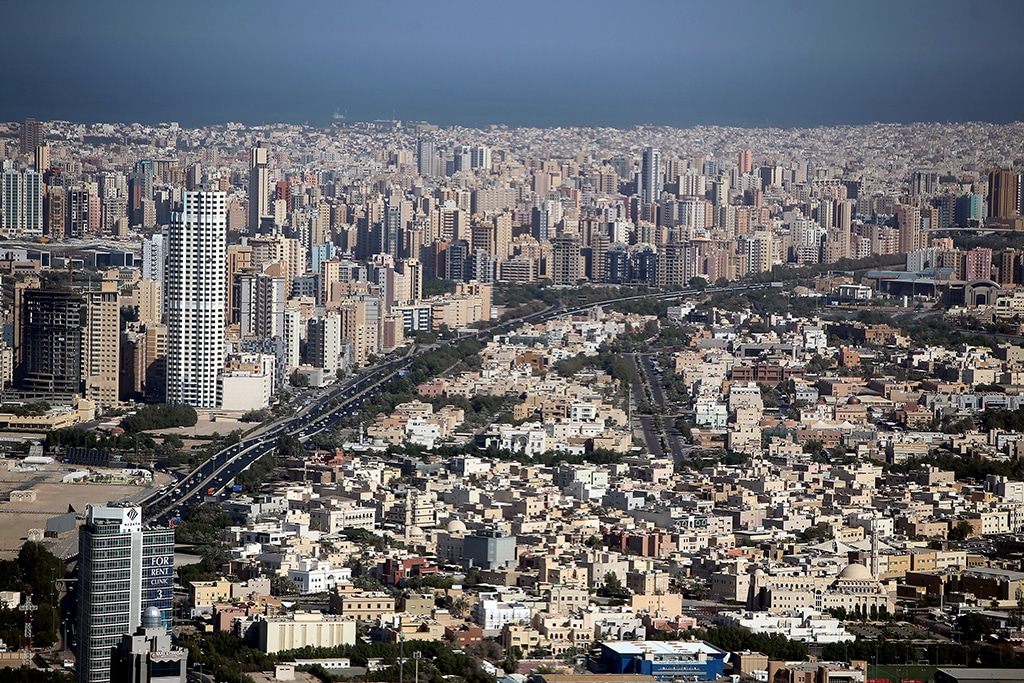KUWAIT: The real estate sector in Kuwait will remain stagnant in 2023 due to lack of interest in private housing, investments, and speculation over land prices, said experts on Wednesday. Speaking to KUNA in various interviews, the experts also pointed out that investors were not interested in purchasing real estate in inner areas due to the lack of affordable lands, construction cost, and other factors.
Former secretary of the real-estate federation Qais Al-Ghanim indicated that there was a slowdown in real-estate activities on a global level due to a number of reasons including the ongoing Russia-Ukraine war, the disruption in the supply chains of goods, and high inflation in the western industrial countries. Investors are buying time and very careful in using their liquidity until a clear global picture was presented, he added.
In regards to Kuwait, Al-Ghanim said that the struggle of purchasing and selling amongst clients and property owners would result in the stagnation of real estate in Kuwait. The housing real estate is the most affected due to the lack of purchase ability on parts of clients and investors opting for bank deposits with high interest rates rather than investing in real estate, he continued. On his part, director of Al-Muasher (index) real-estate company Ahmad Al-Nabhan said that stagnation might be expected as far as 2025 due to high land prices and alarming construction cost for houses.
He noted that there were speculation over government procedures to impose fees on those owning more than one piece of real estate and undeveloped lands in addition to lift subsides on electricity and water for owners of multiple homes.
Al-Nabhan also criticized the current trend in allowing apartments-style housing in private residential areas, saying that it had caused on overload on infrastructure. He stressed that the Municipality had a role in enforcing the rule of law and prevent housing in residential areas from being used for speculation and unlawful investments. Ali Al-Khadhmi, CEO of Amtar real estate, predicted that market value of real-estate housing would drop by 10 to 15 percent this year after deals within the sector fell by 45 percent in 2022.
He said that inflation could be countered via increasing interest on bank deposits and loans for housing and commercial usage, indicating that resolving the housing crisis must come through providing more land for development to balance supply and demand.
There is a correlation between the thriving of global and national economies, which would have a positive impact on real estate in general, he affirmed. According to statistics by the real-estate records and documentation department at the Ministry of Justice, 2022 saw 4,470 real-estate deals worth KD 2.7 billion (around $8.8 billion), a decrease of 14 percent in terms of value and 50 percent in terms of deals from 2021's 8,115 deals worth KD 3.2 billion (around $10.4 billion. - KUNA











